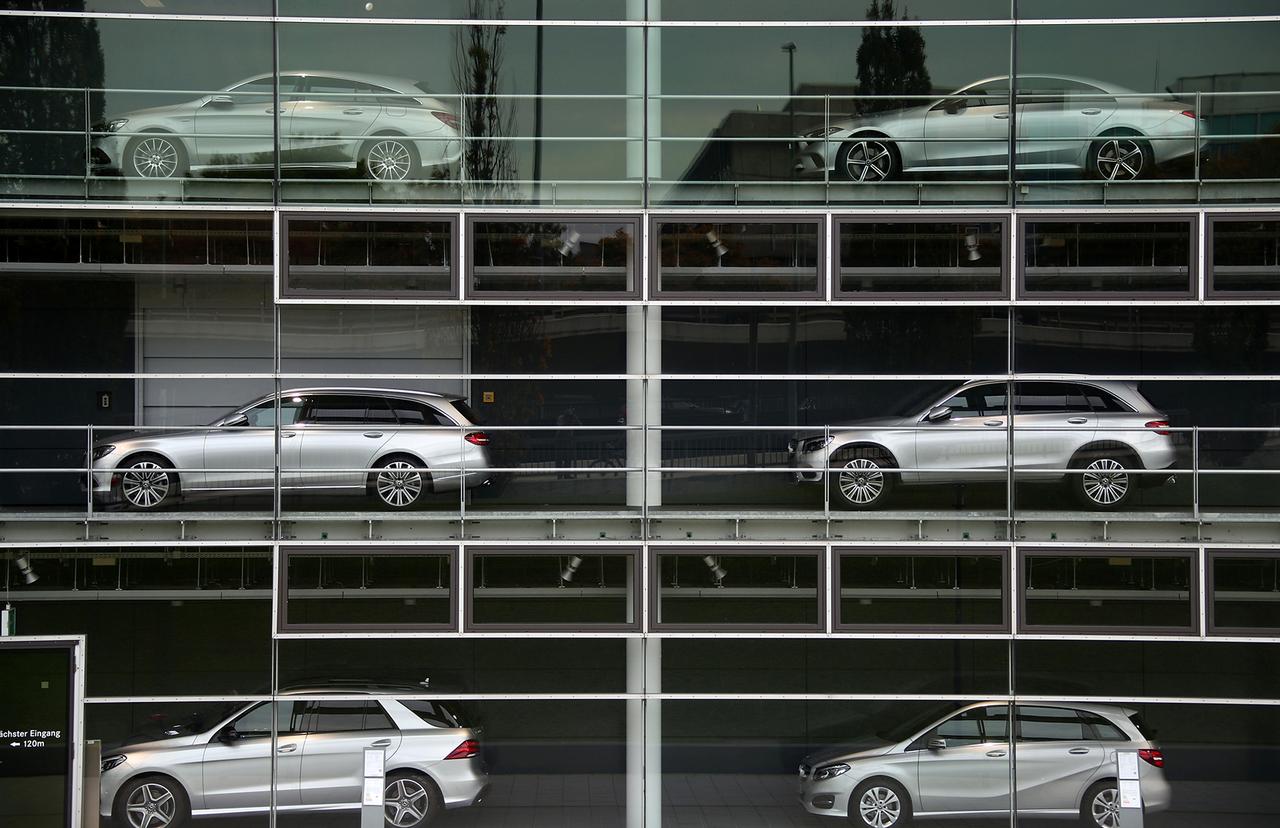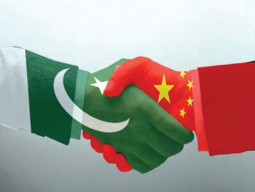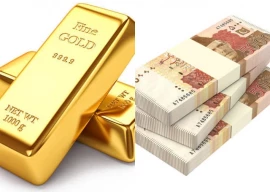
Even with the increase in automobile sales, carmakers have once again jacked up vehicle prices, undermining the understanding reached with the government pertaining to car prices.
They attributed the hike in vehicle prices to the increase in their cost of production.
In October 2021, automobile sales increased 49% to 21,002 units as compared to 14,082 units sold in the same month of previous year.
Talking to The Express Tribune on Thursday, AHL analyst Arsalan Hanif said that all original equipment manufacturers (OEMs) managed to post double-digit growth in their sales volume in October.
However, sales of Pak Suzuki Motor Company dropped 8% and Honda Atlas Cars 27% on a month-on-month basis owing to shortage of semiconductors, resulting in lower utilisation of plants, he added.
He revealed that Pak Suzuki Motor had also suspended bookings of a few vehicle variants, resulting in a double-digit decline in sales volume of Cultus and WagonR.
Automobile companies anxiously wanted to increase car prices, which would allow them to pass on the impact of higher input costs, he said.
“We believe sales volume will grow on a monthly basis after they increase car prices,” he added.
Hanif underlined that all OEMs of the country had either increased or would increase vehicle prices due to depreciation of the rupee, higher freight charges and prices of steel sheets, aluminium, copper and other raw material used in the manufacturing of cars.
The price increase was between 5% and 10%, which was necessary, otherwise all OEMs would have suffered losses, he added.
“People are busy coping with food inflation and auto companies are taking advantage of the situation,” said All Pakistan Motor Dealers Association (APMDA) Chairman HM Shahzad.
Read Govt refuses to allow vintage car import
Although the government withdrew taxes recently in order to give relaxation in car prices to the general public, the automobile companies took away all the benefits by increasing prices, he said.
Auto industry expert Sabir Shaikh underlined that automobile companies in Pakistan had been dominating the market for the last 30 years and new companies were following suit.
“Automobile companies do not listen to the government,” he lamented, saying that open auto policy was the only solution to the problem.
The government should allow import of reconditioned vehicles of 660cc engine capacity on easy terms, he said, adding that it would create competition.
Topline Securities senior analyst Umair Naseer underlined that carmakers increased prices to pass on the cost pressure like currency depreciation and rising freight charges.
Ismail Iqbal Securities auto analyst Muqeet Naeem attributed the increase in vehicle prices to sharp depreciation of the rupee against the US dollar, higher freight costs and surging prices of commodities such as copper, steel, aluminium, resin, etc.
Auto industry expert Mashood Ali Khan was of the view that the government’s policy was right for the auto sector after the budget, but unfortunately inflation went out of control.
Inflation was going into double digits and the rupee was depreciating, which were taking a toll on the sector, he said.
Completely knocked down (CKD) kits of vehicles were being imported, which would definitely impact prices, he added.
He anticipated another price hike in the first quarter of 2022, if the high inflation persisted and the rupee continued to depreciate.
Moreover, the industry should focus on localisation of auto parts, which would be possible by enhancing capacity in the long term, he said.
Published in The Express Tribune, November 12th, 2021.
Like Business on Facebook, follow @TribuneBiz on Twitter to stay informed and join in the conversation.


















COMMENTS
Comments are moderated and generally will be posted if they are on-topic and not abusive.
For more information, please see our Comments FAQ